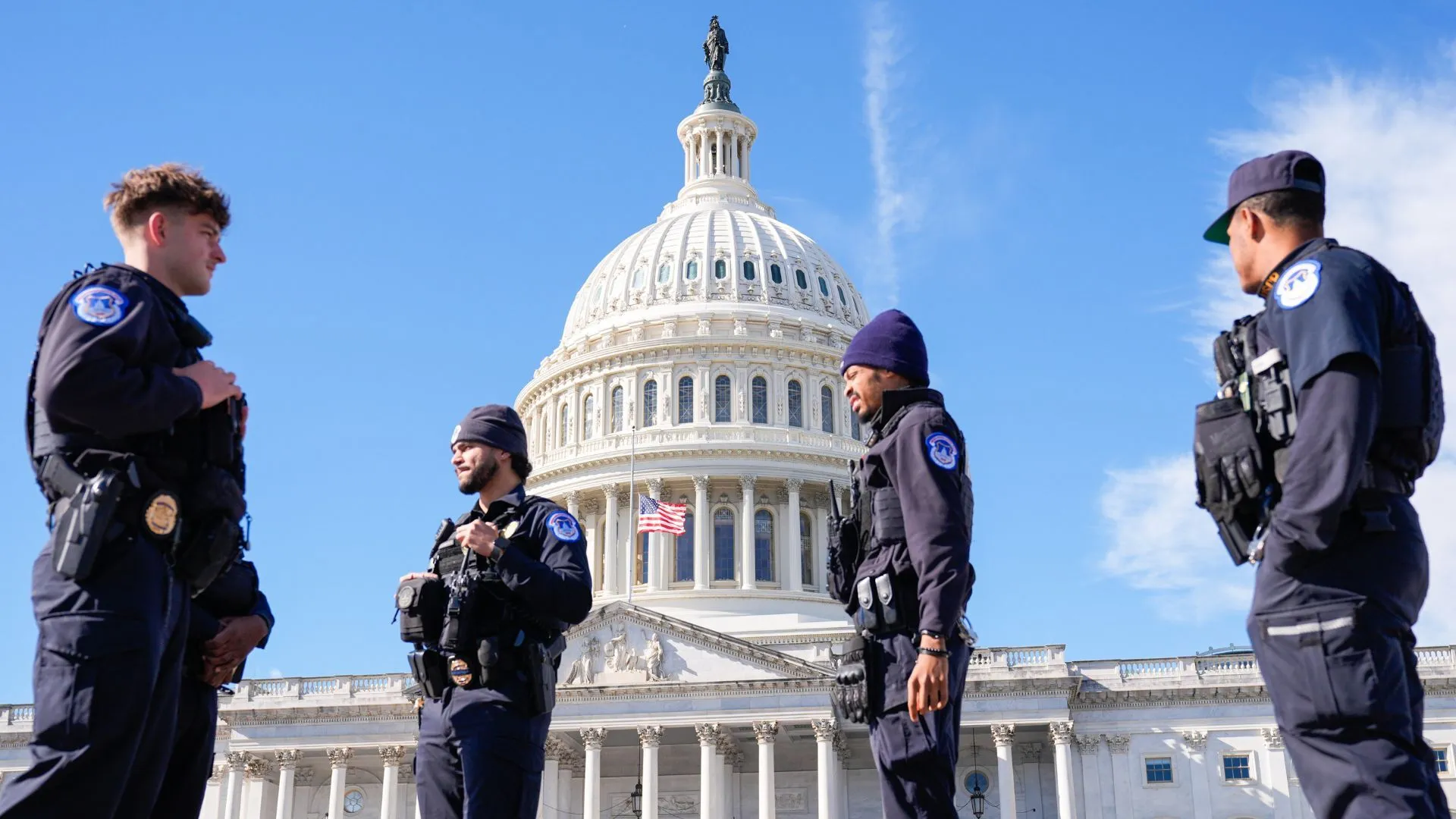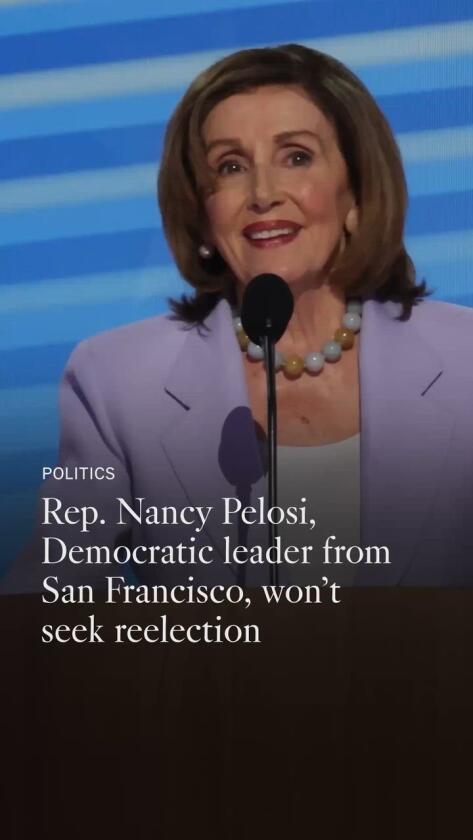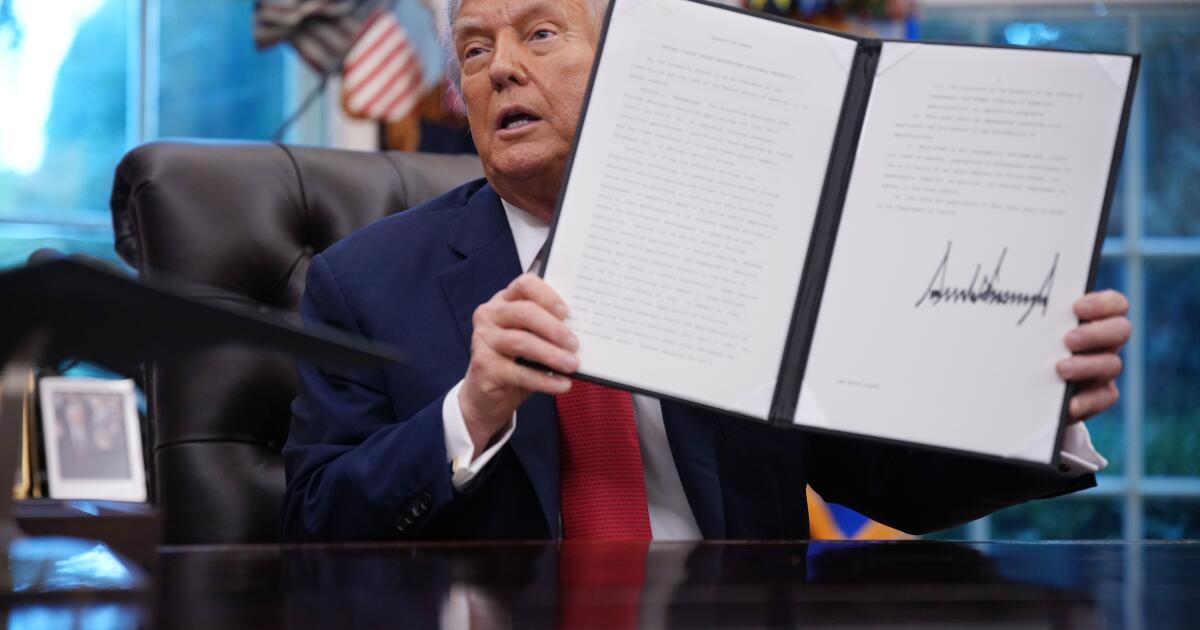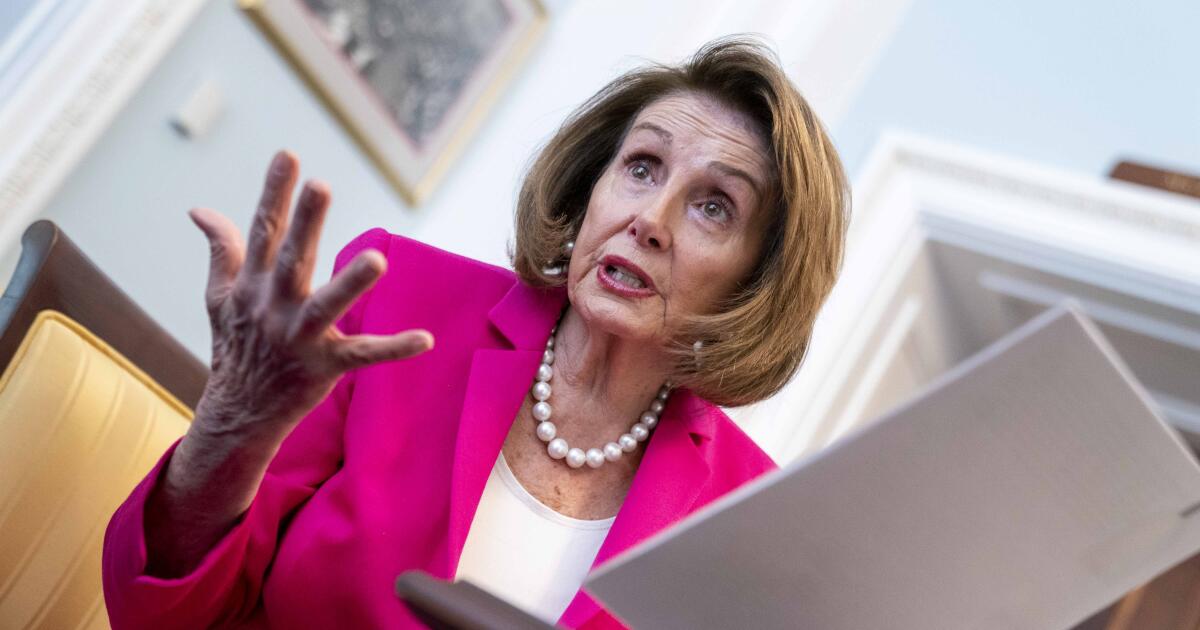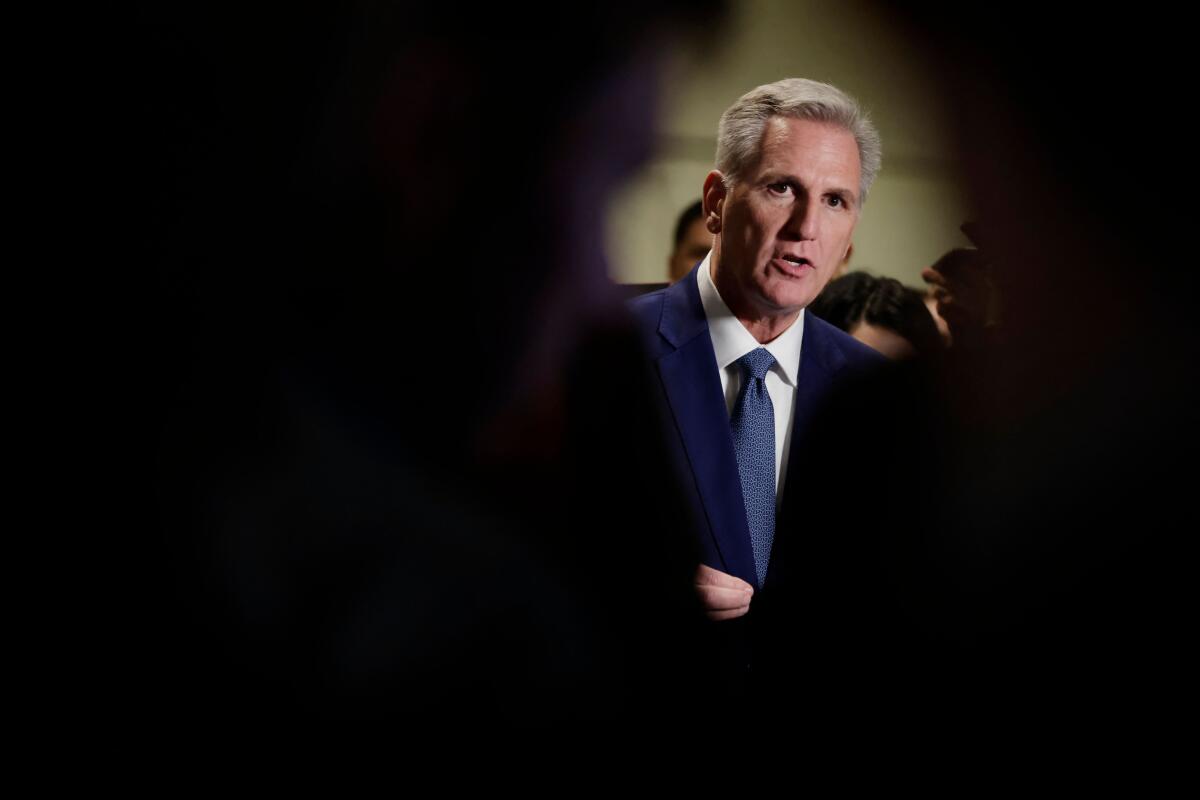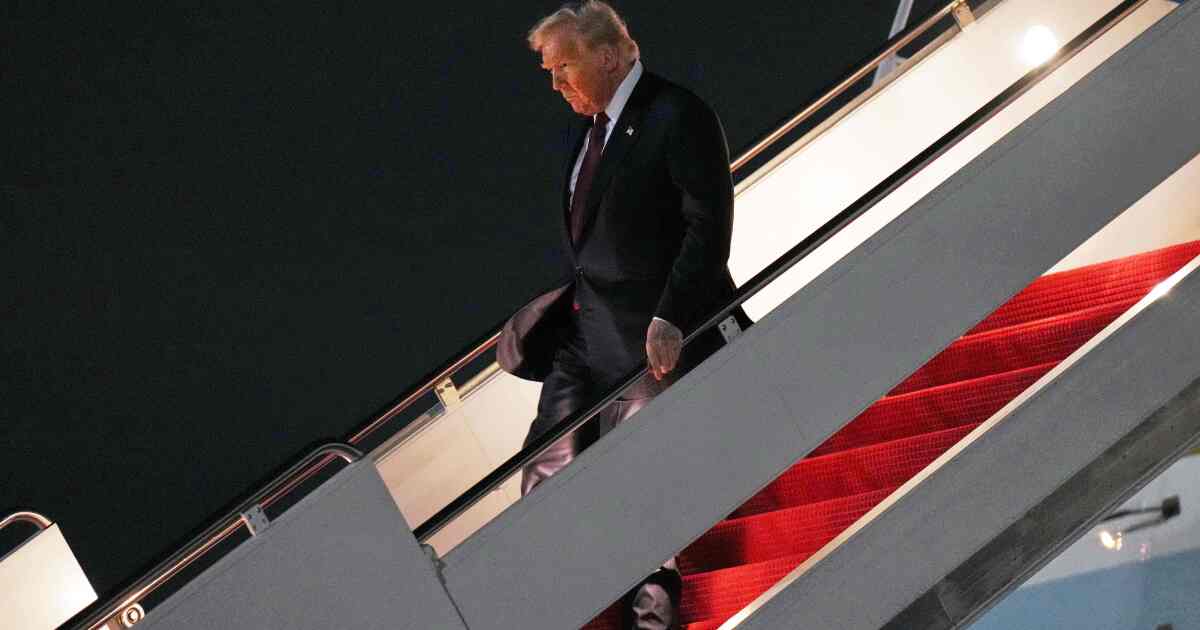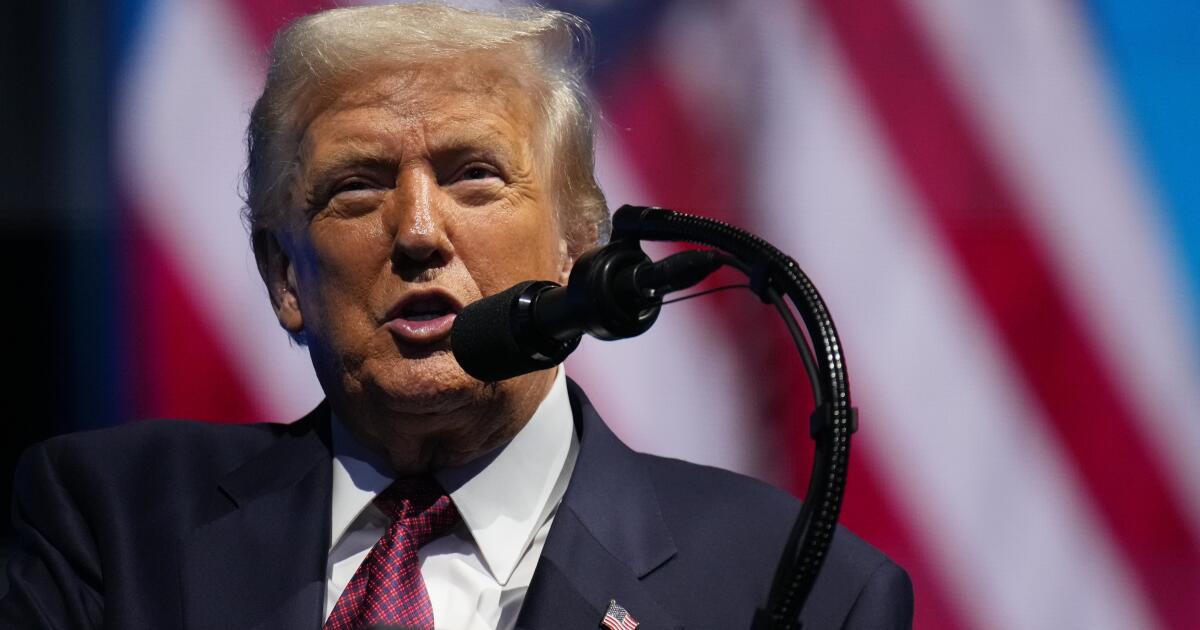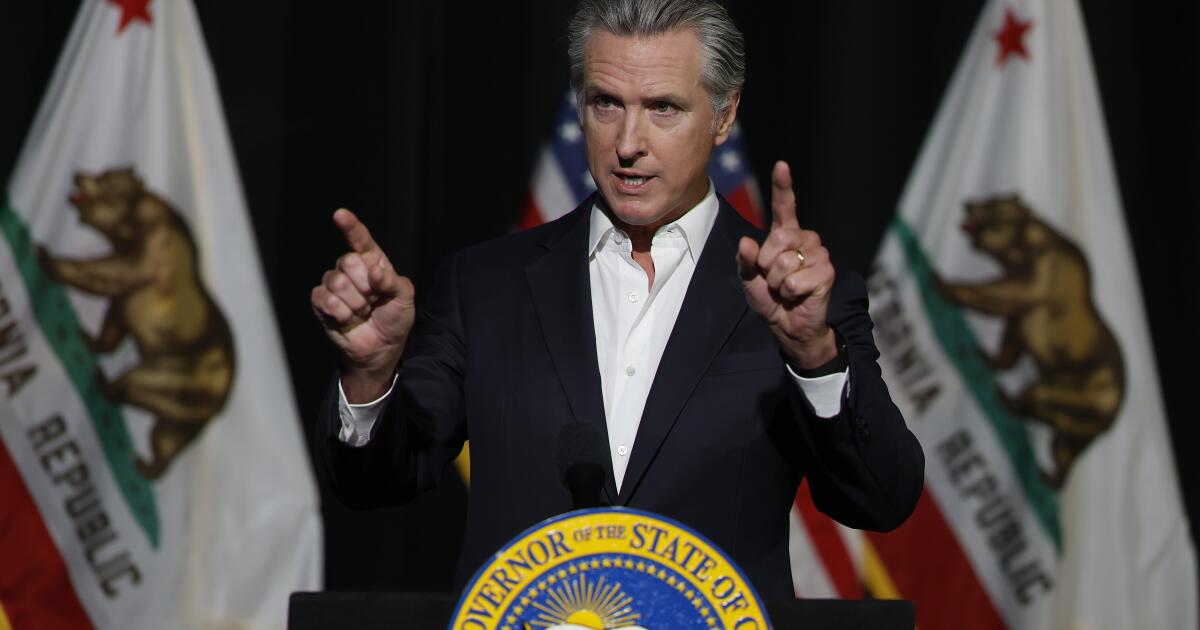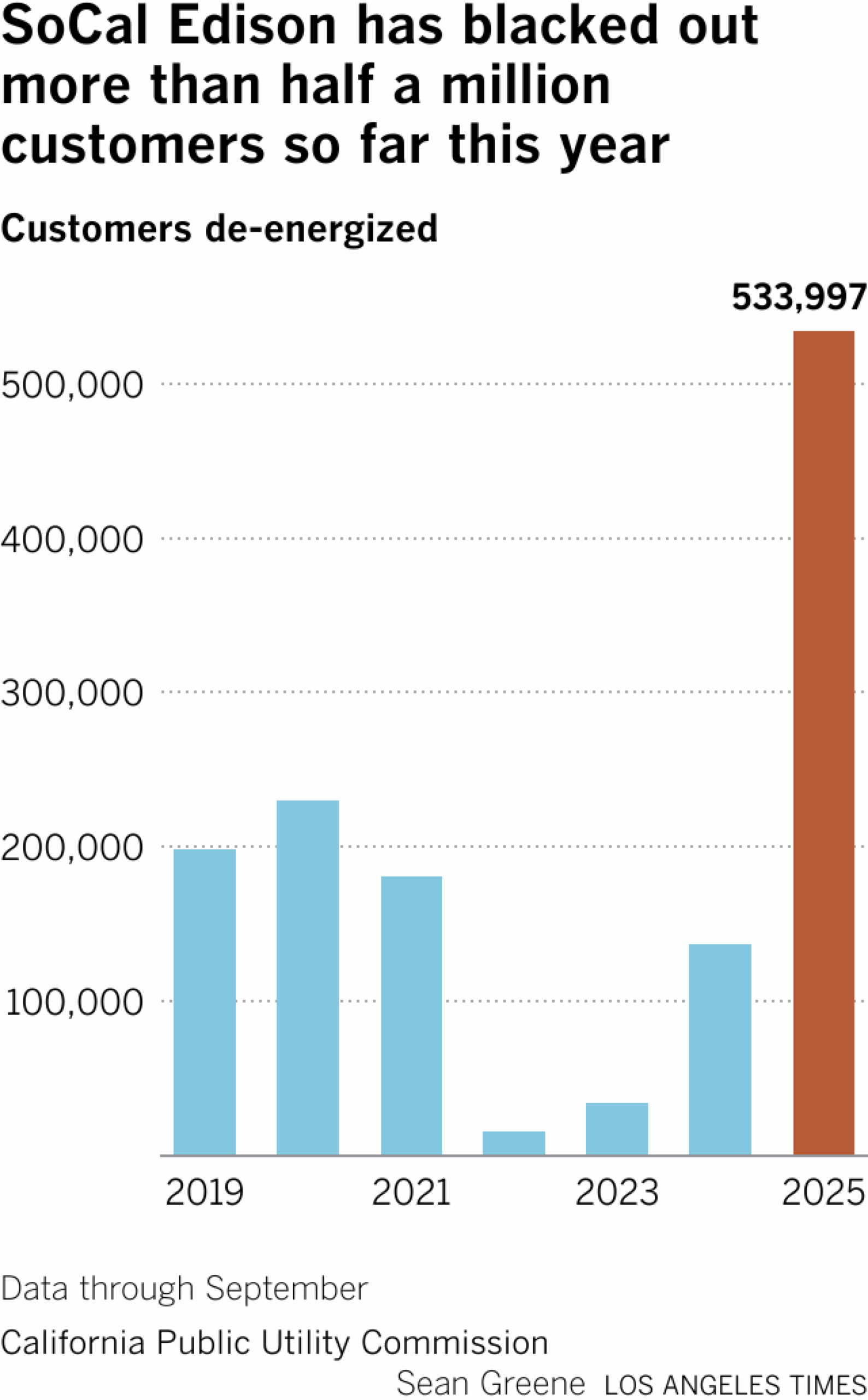Flights to Orlando, New York, Miami and Los Angeles are all set to be affected by the historic US government shutdown
Thousands of British travellers headed to the United States face either severe delays or flight cancellations as the US government’s shutdown shows no sign of ending.
Those with plans to fly to or return from the States are being advised that they could face disruption after the Trump administration announced a ten per cent to air traffic control. The ongoing US federal government shutdown is also affecting other areas of travel, airport staffing, and access to major tourist attractions.
The Foreign, Commonwealth and Development Office (FCDO) has updated its guidance for UK travellers, cautioning that those flying to or through the US may face longer queues, delayed flights and reduced services at airports. Officials have also advised visitors to check in advance whether famous landmarks, national parks and museums remain open, as many are federally funded and may now have limited access or be closed altogether.
The warning comes after Washington lawmakers failed to agree on new funding for government operations, leading to a shutdown on 1 October that has left hundreds of thousands of federal workers unpaid and key services running on skeleton staff. The situation has become the latest flashpoint in the deepening political standoff between Democrats and Republicans in Congress.
In its updated travel advisory, the FCDO states: “There could be travel disruptions, including flight delays and longer queue times at some airports, due to the current US federal government shutdown. Check for messaging from your travel provider or airline and follow their guidance. There may also be restrictions on access to some federally-managed tourist attractions. Please check the relevant websites in advance.”
While the US Transportation Security Administration (TSA) and air traffic control services are still operating, many employees are either working without pay or calling in sick, placing pressure on staffing levels. Travel industry analysts warn that prolonged shortages could lead to further delays, particularly at major international gateways such as New York’s JFK Airport, Los Angeles International, Orlando, and Atlanta.
Tourists planning domestic flights within the US may also see longer wait times at security checkpoints, which could disrupt connecting flights and cause knock-on delays across the country. Airlines operating transatlantic services have begun issuing their own advisories. Some are advising passengers to arrive at airports earlier than usual for check-in and security screening, and to regularly monitor their flight status.
Another area of concern is the possible closure of major tourist attractions. National parks, including Grand Canyon, Yosemite, Yellowstone, and the Great Smoky Mountains, are overseen by the National Park Service, which is affected by the government shutdown. Historically, visitor centres, museums, restrooms, guided tours, and safety patrols have all been suspended during previous shutdowns, leaving tourists with little access or support.
In major cities, museums such as the Smithsonian Institution in Washington DC, the National Air and Space Museum, and the National Museum of American History may also face reduced opening hours or temporary closure if funding is not restored.
Holidaymakers are being encouraged to verify opening times before visiting, and to have backup plans in case venues are closed. Travel providers say travellers should be prepared to be flexible, especially those on multi-stop itineraries.
The Foreign Office guidance is precautionary rather than alarmist. Flights between the UK and US remain operational, most major tourist hubs continue to function, and hotels, restaurants and privately-run attractions are unaffected. But experts say travellers should avoid assuming everything will run as normal.
The shutdown stems from a political deadlock in Congress over government spending.
Republican lawmakers, particularly those aligned with President Donald Trump, have blocked funding bills in a bid to push for cuts to public services and changes to government programmes. Democrats have refused to agree to the proposals, saying they would damage key areas of the economy and the welfare system.
Without a funding agreement, government departments have been forced to limit operations. Essential services, including national security and emergency response, continue to operate. But many civil servants are furloughed without pay, and non-essential federal programmes are pausing operations until funding is restored.
List of airports that will see thousands of flights cancelled starting Friday
Anchorage International
Hartsfield-Jackson Atlanta International
Boston Logan International
Baltimore/Washington International
Charlotte Douglas International
Cincinnati/Northern Kentucky International
Dallas Love
Ronald Reagan Washington National
Denver International
Dallas/Fort Worth International
Detroit Metropolitan Wayne County
Newark Liberty International
Fort Lauderdale/Hollywood International
Honolulu International
Houston Hobby
Washington Dulles International
George Bush Houston Intercontinental
Indianapolis International
New York John F Kennedy International
Las Vegas McCarran International
Los Angeles International
New York LaGuardia
Orlando International
Chicago Midway
Memphis International
Miami International
Minneapolis/St Paul International
Oakland International
Ontario International
Chicago O’Hare International
Portland International
Philadelphia International
Phoenix Sky Harbor International
San Diego International
Louisville International
Seattle/Tacoma International
San Francisco International
Salt Lake City International
Teterboro
Tampa International
